Recycling bin audit system to restart for summer season
Buller District Council and Smart Environmental Ltd will restart auditing resident’s recycling bins in Buller from Tuesday 6 December 2022 for the summer.
Council and Smart Environmental trailed a recycling bin audit system in March 2022 for the first time. Staff were checking residents’ recycling bins and tagging them with a green, yellow, or red tag based on their compliancy with the district’s recycling rules for three months.
Council’s solid waste coordinator Juliana Ruiz says “The pilot program was positively received by the community, with residents changing their behavior indicating their desire to improve their recycling.
As we audited bins, we could start the conversation how to recycle right on a more detailed personal level and saw a clear improvement from those who had their bins yellow or red tagged, receiving a green tag on their next inspection.”
This year Council’s bin auditor will be using an app which enables better data collection and produces more detailed insights.
Ms Ruiz says: “We learned a lot from our first go in March and improved the auditing process, our data collection, the analysis and our engagement with the community.”
Bins will either receive a green, yellow, or red tag. Should a bin be yellow or red tagged, the auditor will leave a recycling guideline in the letterbox outlining the reason for the tag, so residents can learn and improve next time.
Ms. Ruiz says that “The positive feedback shows that residents do want to improve and by auditing their bins and giving them the necessary information, we can turn recycling offenders into recycling experts and prevent recycling going to landfill.”
Green tags mean that the material inside the recycling bin is 100% recyclable and meets the districts recycling guidelines.
Bins will be yellow tagged when they contain a few non-recyclable items. Yellow tagged bins will still be collected, however should a bin be yellow tagged a second time, it will not be emptied.
Red tagged recycling bins will contain more than a few non-recyclable items and will not be collected. Non-recyclable items pose a risk of contaminating the rest of the bin’s contents, as well as all other contents upon collection.
The most common non-recyclable items found in recycling bins are paper towels, bubble wrap, greasy food trays and masks. A recyclable item that is unclean or has a lid on is also non-recyclable.
Previously, recycling bins in Buller had a 32% contamination rate of non-recyclable material, which amounts to approximately nine tons a month of material that needs to be sent to landfill. Council is aiming to reduce this to 20% by the end of 2023.
Background Information:
Key aspects of the districts recycling guidelines are:
Plastics
Only plastics #1, #2 and #5 can be recycled in recycling bins as these are the only recyclable plastics in New Zealand. Plastic materials will only be accepted if they are one of these numbers, clean, and with the lids removed.
Older recycling bin lids may display plastics #1 - #7 can be recycled, however current district regulation only accept #1, #2 and #5. The lids will gradually be changed and all new recycling lids now come blank.
Paper and cardboard
Paper and cardboard must be clean and have no food remains. These materials are stored before being sent overseas for reprocessing, and therefore will degrade and become unrecyclable should they not be clean.
Cardboard must be bigger than an envelope so that it can be baled at the Westport Transfer Station.
It also needs to be flat so it can be efficiently processed, which will also take up less room in your recycling bin.
Glass
Only glass bottles and jars can be recycled and will only be accepted if they are clean and unbroken, as these are the only items that can be processed inside New Zealand. Other glass items such as drinking glasses, window panes and car windscreens are not accepted by recycling companies in New Zealand.
Aluminum
Aluminum and tins are only accepted if they are rinsed and clean to ensure they can be baled and compacted at the Westport Transfer Station ready for shipment to processing plants nationwide.
See additional information on Council’s website.
-ENDS-
Further information and contacts:
Solid waste coordinator
Juliana Ruiz
Juliana.ruiz@bdc.govt.nz
